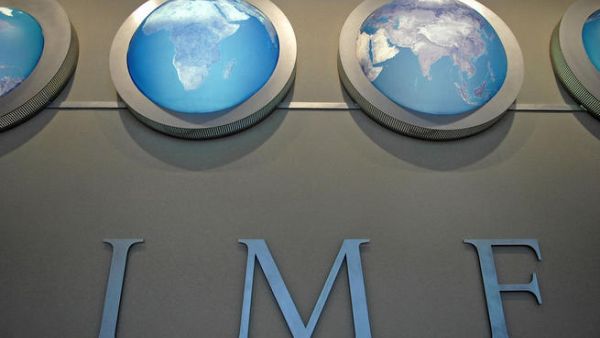Tunisia will sign a $1.8 billion loan with the International Monetary Fund by May, according to Bloomberg.
The North African country's economy continues to struggle with political instability and high unemployment since the revolution over two years ago.
The IMF's mission chief to Tunis said in March that a team from the fund would visit the country between April 8 and 15.
Tunisia's Finance Minister, Elyes Fakhfakh, said that the government and the IMF are "in agreement on about 95 percent of the program,” in an interview with Bloomberg.
Tunisia is attempting to shield itself from the European debt-crisis.
The Eurozone is a major trading partner for the country and problems caused by the Cypriot bailout, continuing fears over the greek economy, coupled with the political impasse in Italy, Europe's fourth largest economy, expose export markets to instability.
A further blow to the struggling economy was struck with the assassination of opposition leader Chokri Belaid in February, damaging investor confidence.
The uprising that ousted former President Ben Ali was sparked by Mohamed Bouazizi self-immolating over police victimization and a lack of job opportunities started the so-called 'Arab Spring'.








